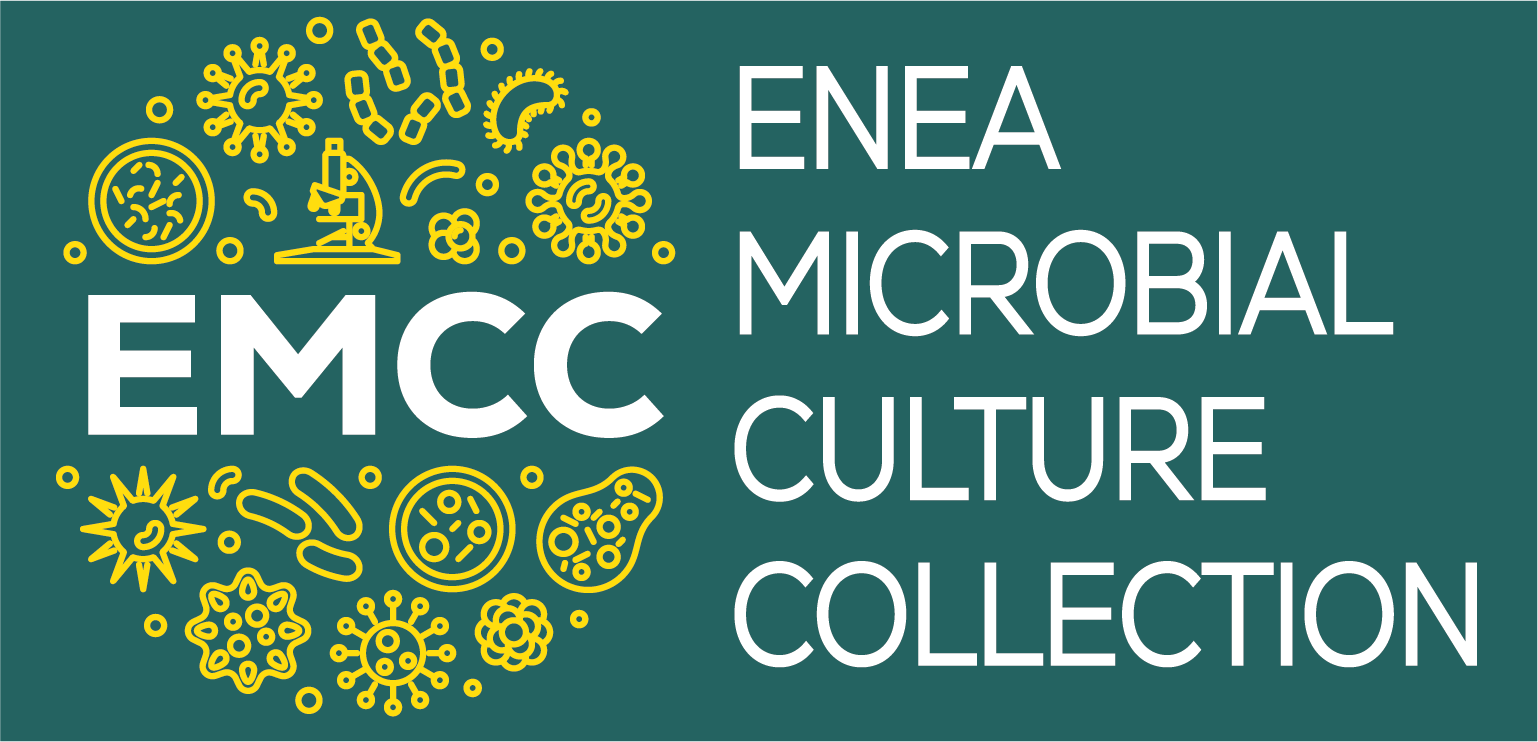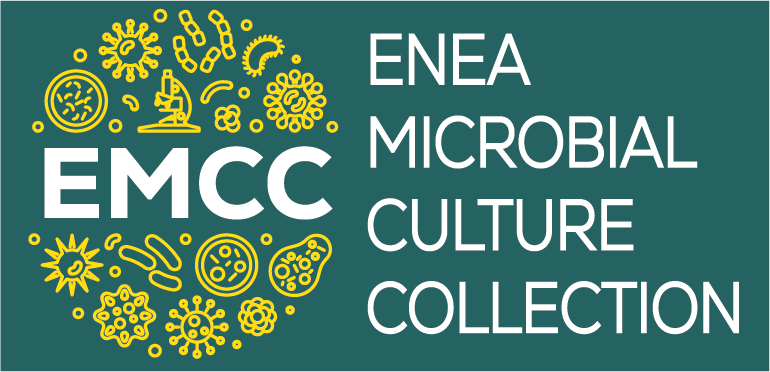ENEA Microbial Culture Collection

Applications for food quality and safety

ENEA is actively engaged in research, development, and technology transfer activities aimed at supporting food quality and safety. Evaluating the microbial load of food products is essential for determining their shelf life, quality, and safety, ensuring healthy and suitable products for consumption. Microorganisms play a key role in preserving the stability of the food ecosystem and maintaining food quality and safety standards. They are introduced into the food ecosystem from different sources such as soil, water, and plants, during harvesting, handling, storage, and packaging stages.
Food Microbiome
At the AgriFood Sustainability, Quality and Safety ENEA Laboratory, a combination of traditional, molecular, and advanced analytical techniques has been employed for years to investigate the microbiome associated with foods, total microbial load, and the viable but non-culturable state (VBNC). Techniques such as culturomics, metagenomics, MALDI Biotyper®, and flow cytometry are utilized to monitor the evolution of microbial flora during food products shelf-life. Adopting a polyphasic approach, which integrates culture-dependent methods with cultivability-independent techniques, is fundamental for ensuring the food microbiological quality and safety. This approach allows the identification and quantification of microorganisms that impact food products' quality, perishability, and safety.
Identification of food quality and safety markers
Research at the AgriFood Sustainability, Quality and Safety ENEA Lab also focuses on identifying and quantifying markers of food quality and safety. Bacterial and fungal species, responsible for food spoilage and the production of toxic substances in fresh-cut and minimally processed fruits and vegetables, are isolated, identified, and quantified. Additionally, beneficial fungal species are isolated and quantified for their potential use in food and feed. The laboratory also investigates the biocontrol activity of fungal microorganisms through in vitro and in vivo assessments of biomolecules' inhibitory effects on fungal contaminants' growth.
Development of functionalized packaging with integrated antimicrobial activity
Ongoing research efforts within the laboratory aim to develop innovative packaging solutions with antimicrobial properties. These activities involve implementing novel technologies to enhance shelf-life and sensory qualities while assessing changes in microbiological parameters during low-temperature storage (FoodFlavour Project 2015). Standard protocols adaptable to various food matrices are developed using flow cytometry (FCM) for an early warning monitoring system of vital but non-culturable microorganisms and safety marker identification in packaging materials. Furthermore, the laboratory evaluates the antimicrobial and anti-biofilm efficacy of natural bioactive compounds for incorporation into packaging, particularly for fresh-cut and minimally processed products (ONFoods - Research and innovation network on food and nutrition Sustainability, Safety and Security – Working ON Foods, National Recovery and Resilience Plan (PNRR)). Exploring the combined use of probiotic strains and bioactive compounds is also a focus, aiming to enhance the beneficial effects against foodborne pathogens.
Food waste as fertilizers and soil amendments to improve soil quality
As part of the Horizon Delisoil project, aimed at utilizing food waste as soil improvers to enhance soil health, samples are analyzed through shotgun sequencing to identify relevant biological risks. These risks include intrinsic indicator microorganisms, resistance genes, pathogenic microorganisms, and viral contaminants. The analyses aim to ensure the safety and effectiveness of using food waste as soil improvers while promoting circular resource management based on reducing and valorizing food waste. Ultimately, these efforts aim to promote a more sustainable agricultural system in the long term.


